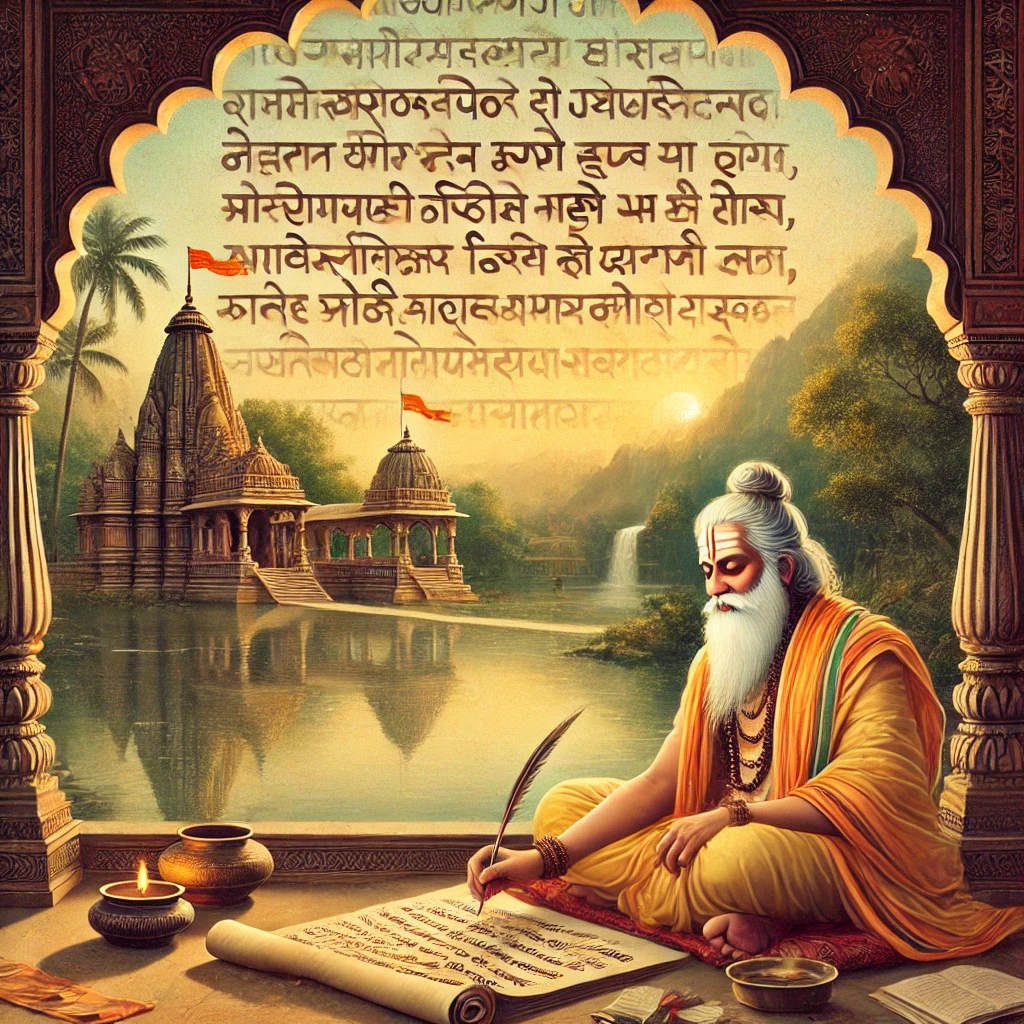“Dhol Gawar Shudra Pashu Nari, Sakal Tadan Ke Adhikari” – Meaning and Explanation
This verse is from Ramcharitmanas (Aranyakand) by Tulsidas. It is spoken by Lord Hanuman, and over time, it has been widely debated due to its perceived derogatory tone towards certain groups, especially women. However, to truly understand its meaning, it is essential to look at its context and deeper interpretation rather than taking it literally.
1. Literal Meaning of the Verse
“Dhol (drum), Gawar (ignorant person), Shudra (servant class), Pashu (animals), and Nari (women) – all require discipline (Tadan) to function properly.”
At first glance, this may seem offensive, but the word “Tadan” does not mean punishment or oppression; rather, it signifies guidance, discipline, and protection in this context.
2. Context and Explanation
(i) Dhol (Drum)
A drum produces a good sound only when struck properly. Without rhythmic beating, it cannot create music. This symbolizes that everything needs proper control and discipline to function well.
(ii) Gawar (Ignorant Person)
The word “Gawar” does not mean an insult but refers to an uneducated or ignorant person. Education and discipline help such a person grow and function well in society.
(iii) Shudra (Servant Class / Laborer)
In ancient Indian society, Shudras were the working-class people who provided essential services. The verse does not demean them but highlights that proper guidance and discipline help every worker perform better. Tulsidas, being a spiritual poet, was not promoting caste discrimination but reflecting the social structure of his time.
(iv) Pashu (Animals)
Animals need training and control to be useful. Without discipline, they may become wild and destructive. This emphasizes the importance of proper care and control in handling animals.
(v) Nari (Woman)
This is the most debated part of the verse. Many interpret it as degrading women, but that is not the true meaning. In the social context of that time, women were often vulnerable and needed protection and guidance. In many other verses of Ramcharitmanas, Tulsidas praises women like Sita, Anusuya, Tara, and Mandodari for their wisdom and strength.
3. What Was Tulsidas’ Intent?
Tulsidas was a devotee of Lord Rama and a social reformer. His intent was not to insult or degrade any group. He emphasized that everything in life needs discipline, guidance, and protection to function properly.
Had he been against women, why would he glorify Sita Mata, Anusuya, Ahilya, and other great women in his writings?
4. Modern Interpretation
In today’s world, we should not take this verse literally but rather understand its broader meaning:
✔ Dhol (Drum) – Needs correct beats to create music (symbolizes the importance of discipline).
✔ Gawar (Ignorant Person) – Needs education and guidance to improve.
✔ Shudra (Laborer) – Needs proper direction and opportunities to grow.
✔ Pashu (Animals) – Require training and care for their well-being.
✔ Nari (Women) – Need respect, protection, and equal opportunities.
Thus, this verse should not be seen as derogatory but as a reflection of the social beliefs of that era. Today, its meaning should be adapted to emphasize education, guidance, and fairness for all sections of society.

Leave a Reply